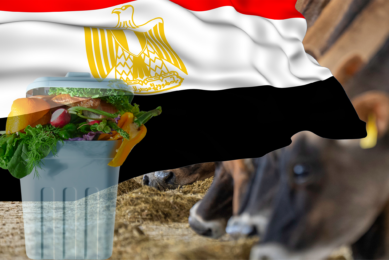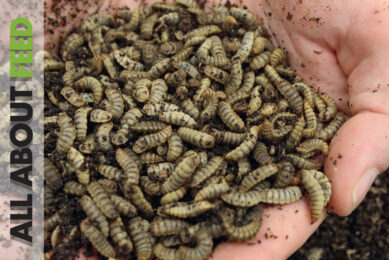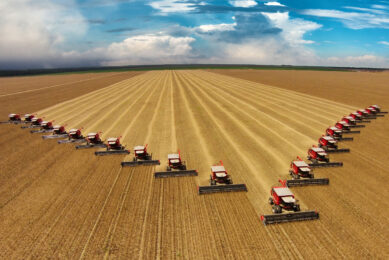Delacon works to attain sustainable animal production

Delacon´s efforts to provide sustainable and profitable solutions for modern livestock production have reached the next stage of evolution.
The key to managing the industry’s carbon footprint while continuing to supply the demand for meat likely lies in continued increases in efficiency. From the very beginning improved performance and economic profit, and the reduction of ammonia and odour emissions have been the main goals for Delacon´s product development. Transferring research results into carbon dioxide equivalents reveals that these are also the core parameters to achieve a substantial carbon footprint reduction in animal production.
The cradle to grave assessment by the University of Natural Resources and Life Sciences, Vienna, and the Research Institute of Organic Agriculture (FIBL), Vienna, following the PAS 2050, IPCC and ISO guidelines, show that Fresta F and Fresta F Plus reduce total life cycle greenhouse gas (GHG) emissions per kg of fattening pig by 2.3 – 2.6% and in broiler the utilization of Biostrong results in a reduction of 4.8 – 5.3%. Our investment of one tonne of CO2 in the production of Biostrong reduces up to 307 tonnes of CO2 equivalents.
Assuming all broilers and pigs are fed Delacon products up to 29 million tonnes CO2-equivalents per year could be eliminated from the environment. This equals the annual emissions of 2.9 million citizens of the European Union – a city the size of Madrid!
The results of the carbon footprint assessment of Biostrong in broiler production were presented at the LCA FOOD 2012 Symposium in Saint Malo, France, where experts from around the world discussed the latest findings in Life Cycle Assessment methodologies, databases and applications. Fresta F and Fresta F Plus were published at the BAT-Symposium in Germany with its motto: “Perspectives of a resource-efficient and sustainable animal nutrition”.
The carbon footprints for its pig and poultry product range will be presented at international scientific symposia in France and Germany this October.











